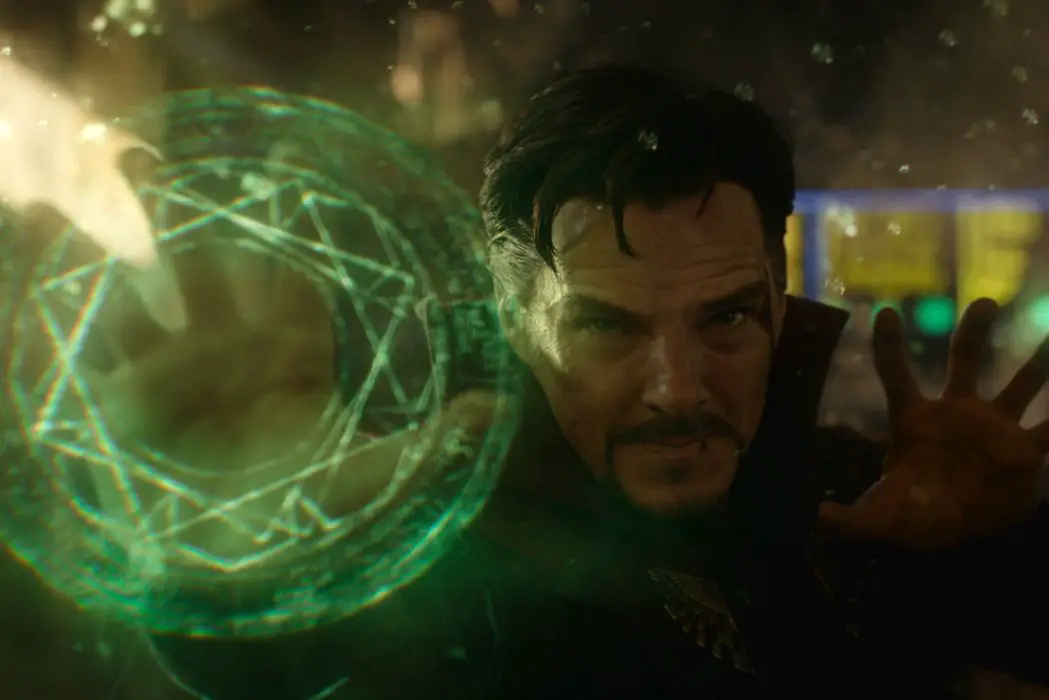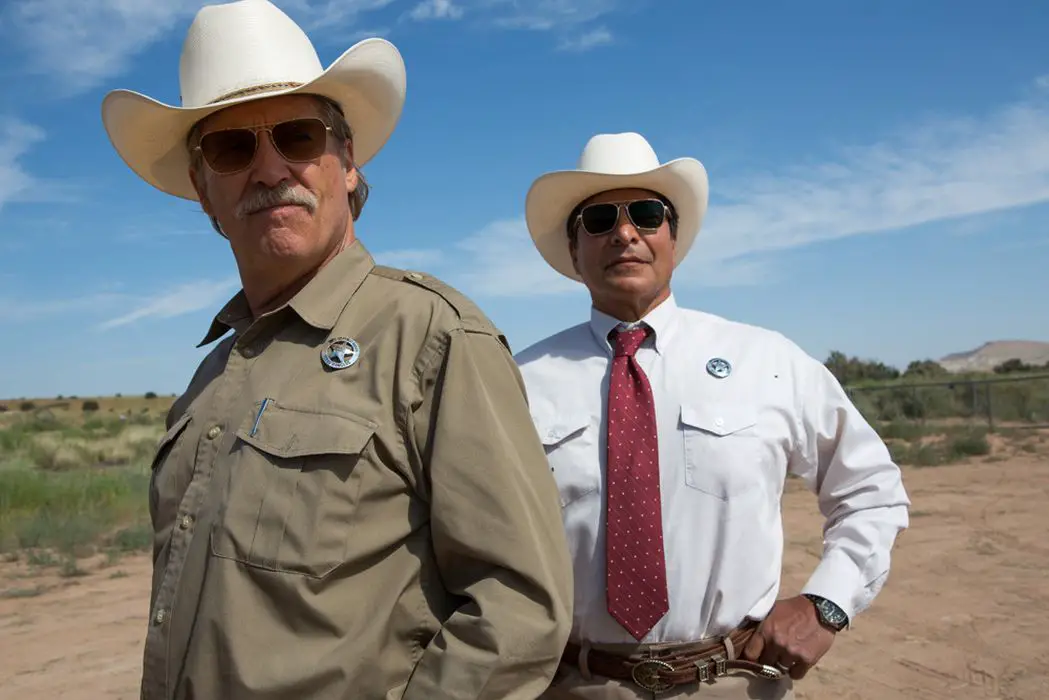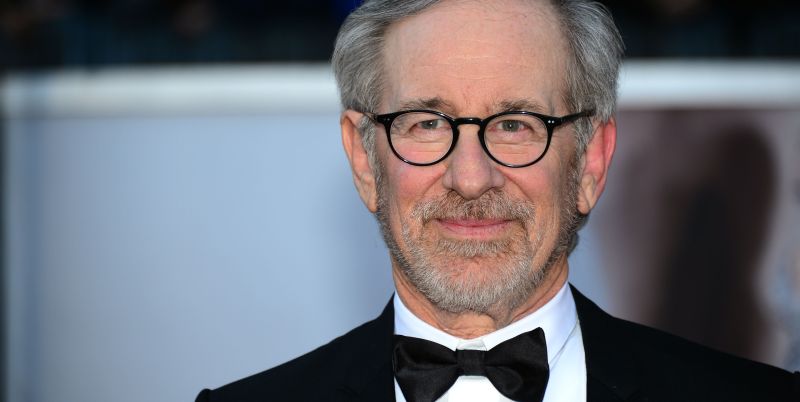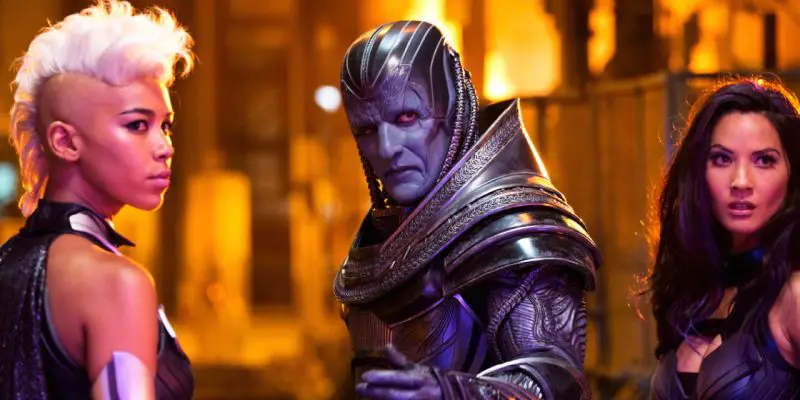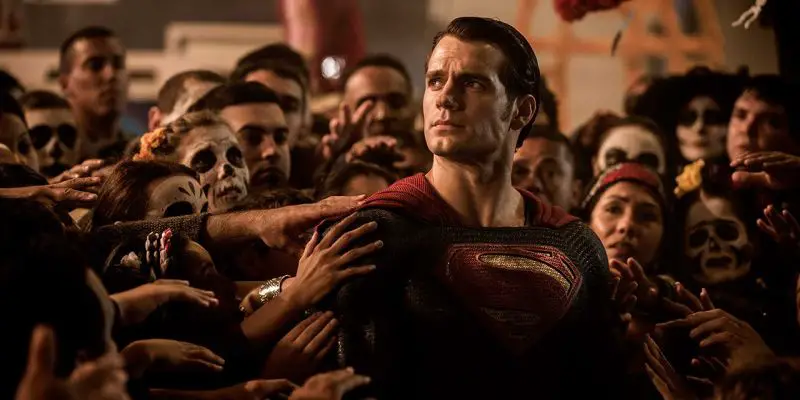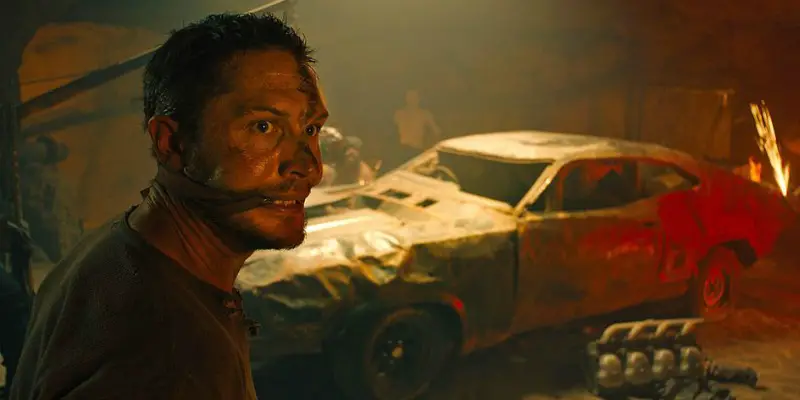blockbuster
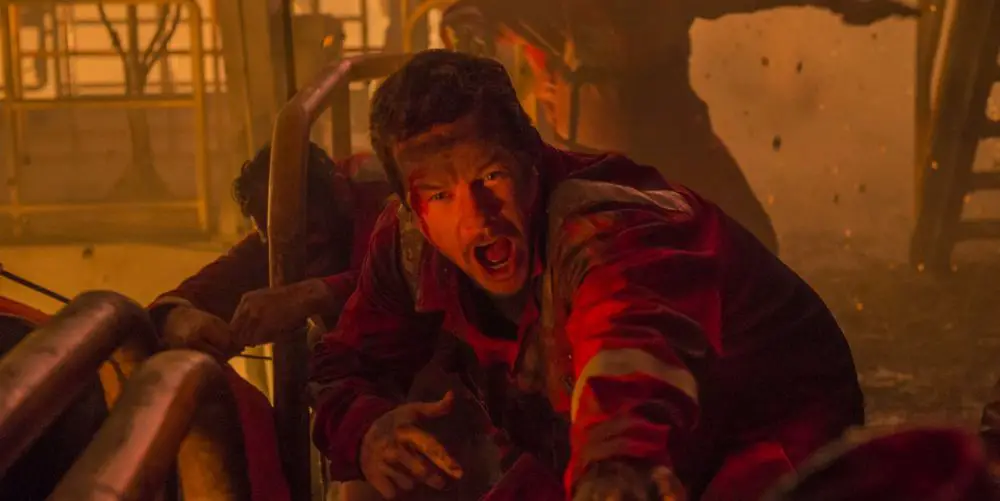
Preservation of the environment shouldn’t be a political issue, let alone a controversial one. Yet the right wing governments of the western world are frequently abandoning environmental and climate change issues, even building entire grand-standing platforms on how the entire act of climate change is a mere myth. The masses no longer trust “experts”, no matter how many facts they have on their side about the devastating realities of our changing environment.
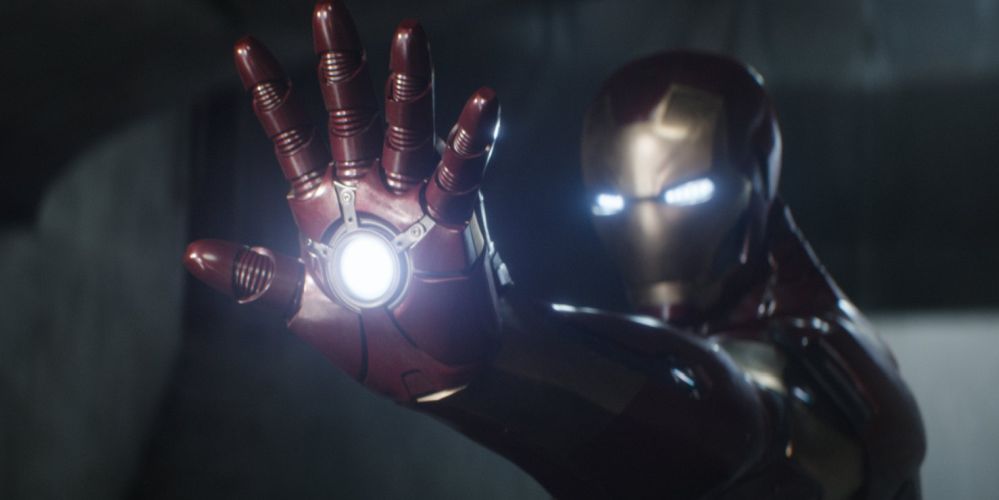
At this year’s San Diego Comic Con, Marvel Studios has unveiled various information regarding upcoming projects, ranging from a first look at Guardians of the Galaxy Vol. 2 to the casting of the lead of Captain Marvel. Their last project for 2016, Doctor Strange, was given a lot of attention throughout their panel.
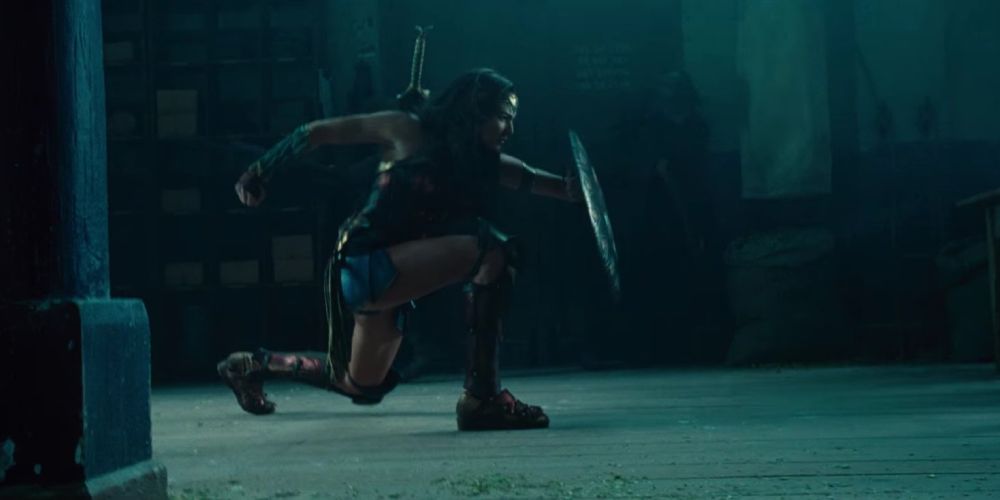
The past couple years have sparked seemingly, sudden changes in Hollywood. The #OscarsSoWhite trending this year launched a complete member overhaul in the Academy and the way voting was handled within the membership. The EEOC launched an investigation of the Hollywood’s studio system’s complete neglect of hiring women directors, which has sparked an online movement for women in film, both in front of and behind the scenes.
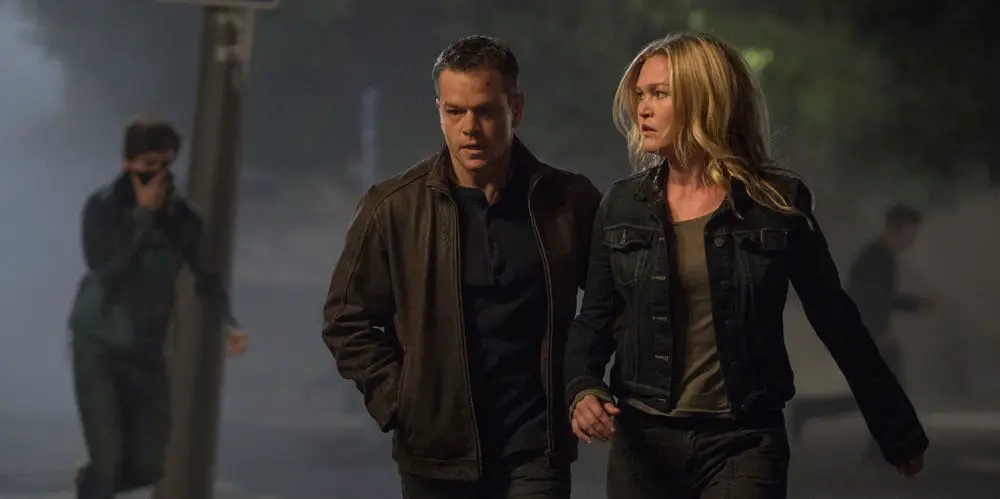
Since the inception of the Bourne franchise in 2002, the blockbuster as we know it has undergone a dramatic shift. Variety is limited as superhero films have taken over the industry. There are lingering alternatives like the Mission Impossible and Fast and Furious franchises, but the Bourne films have been the thinking man’s blockbusters since the series began.
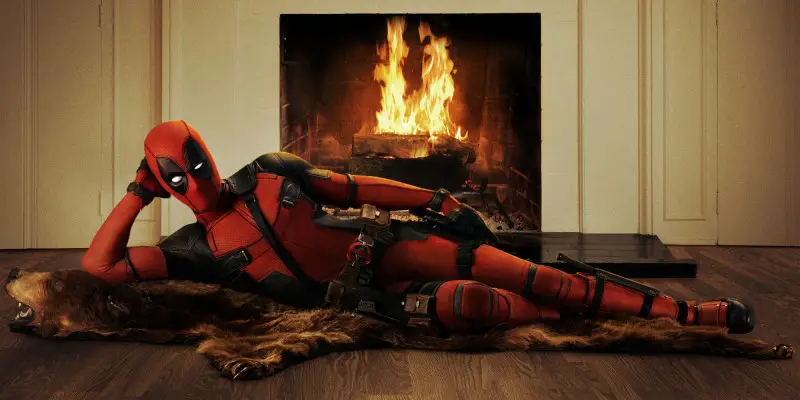
Deadpool is a comic book character with an interesting history. Premiering in the early 1990s, he was originally created as a parody of comics in general, with both the DC character Deathstroke and Marvel’s Spider-Man influencing his name and appearance (Wade Wilson is Deadpool’s real name, while Slade Wilson is the civilian name of Deathstroke). Over the years, though, the character has gained an unusually strong following, even for those that are not typical comic book fans.
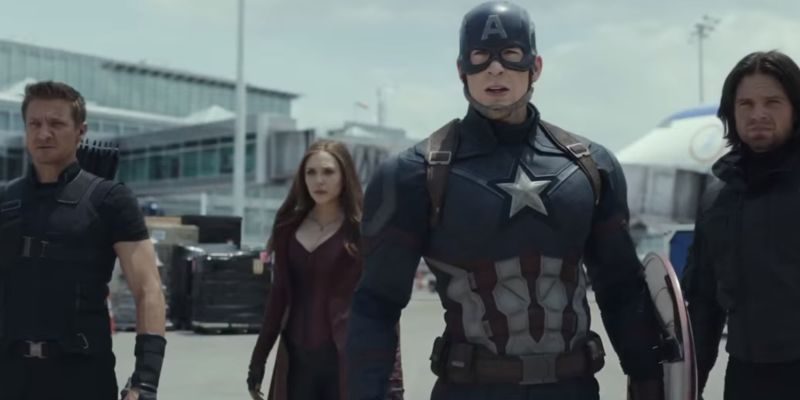
Since 1989, when Batman became a mainstream film series for DC, and in 2002 when Spider-Man kicked off Marvel’s campaign, the legacy of the superhero on the silver screen has progressively grown. Particularly throughout the 21st century and through to the 2010s decade, superhero adaptations and the science fiction genre have practically dominated the Hollywood film industry, with the vast majority becoming massive commercial triumphs. We have seen a number of films released each year, and in 2016 we are awaiting a variety of superhero/comic book adaptations from Marvel, DC and others.
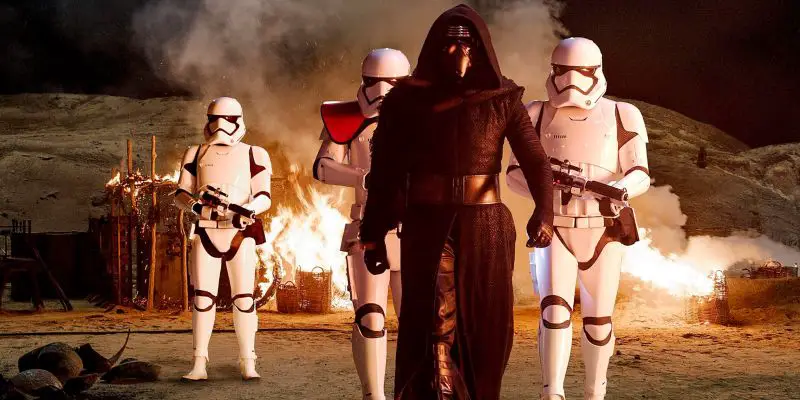
The cyclical nature of contemporary pop culture means that for every blockbuster released, a backlash is likely imminent over the course of its opening weekend, no matter how good the reviews. JJ Abrams knows better than anybody about the perils of falling victim to the hype train; despite critical and commercial success, mere weeks after its opening his Star Trek sequel Into Darkness was voted the worst Trek film of all time at a leading Trekkie convention. Taking fanboy rage on the chin, he has decided to follow this minor outrage by taking the directorial reigns of the new instalment of one of the most beloved franchises at all time, as audiences worldwide wait with bated breath to see whether or not he has (to use a common expression) “raped their childhood”.

In a 2013 interview, renowned director Steven Spielberg warned of what he called a coming “implosion” regarding summer blockbuster films. Due to Hollywood’s over-reliance on the summer box office, Spielberg believed that blockbusters constrained in this time frame would undergo drastic price changes to set them on top. In an interview, he stated that at some point “you’re gonna have to pay $25 for the next Iron Man, you’re probably only going to have to pay $7 to see Lincoln.


